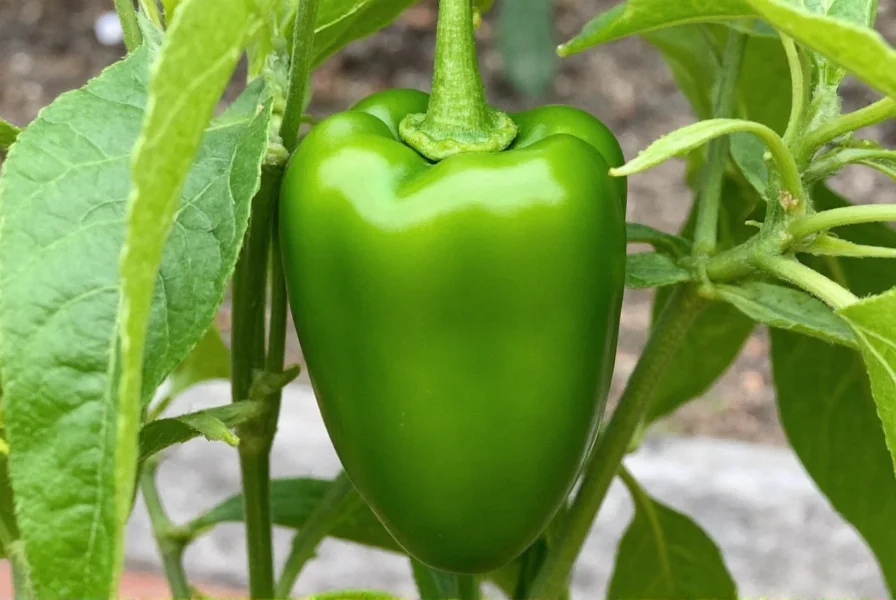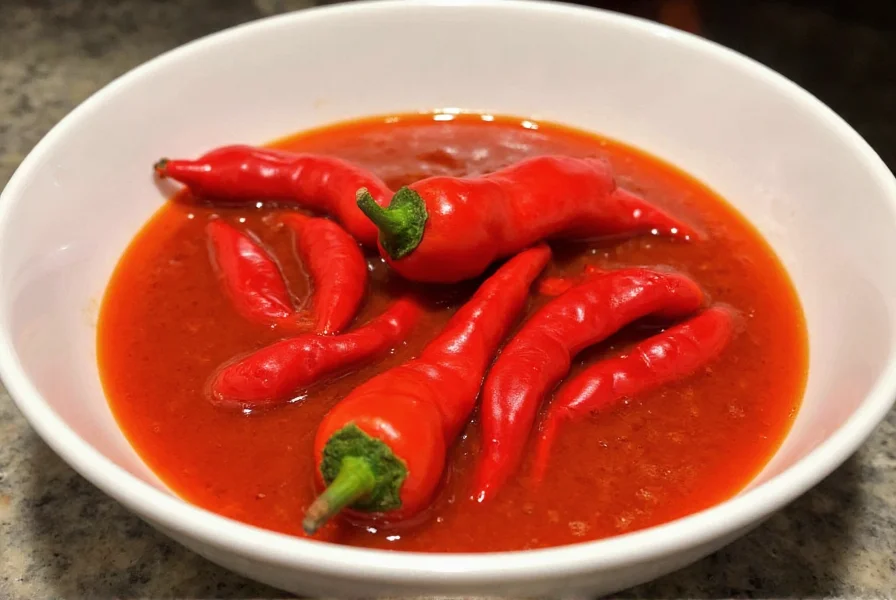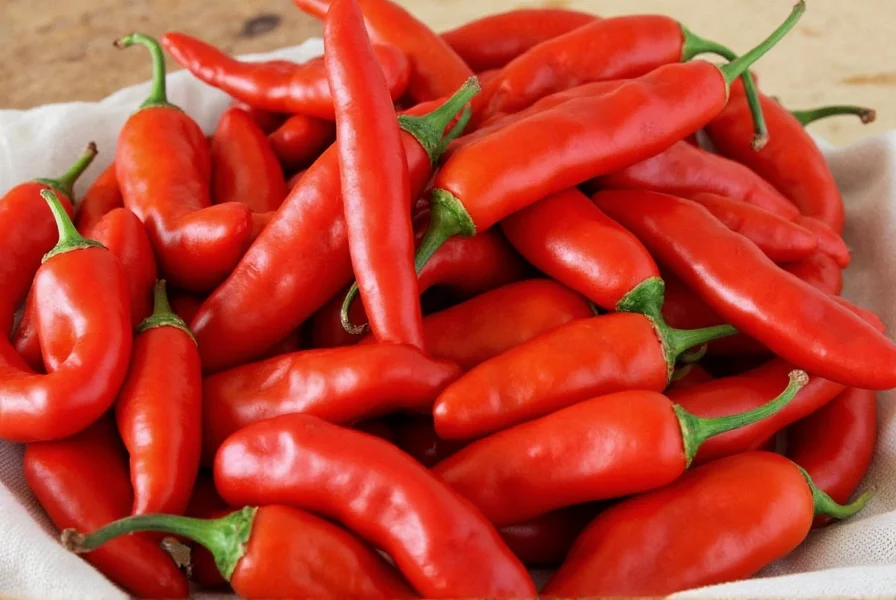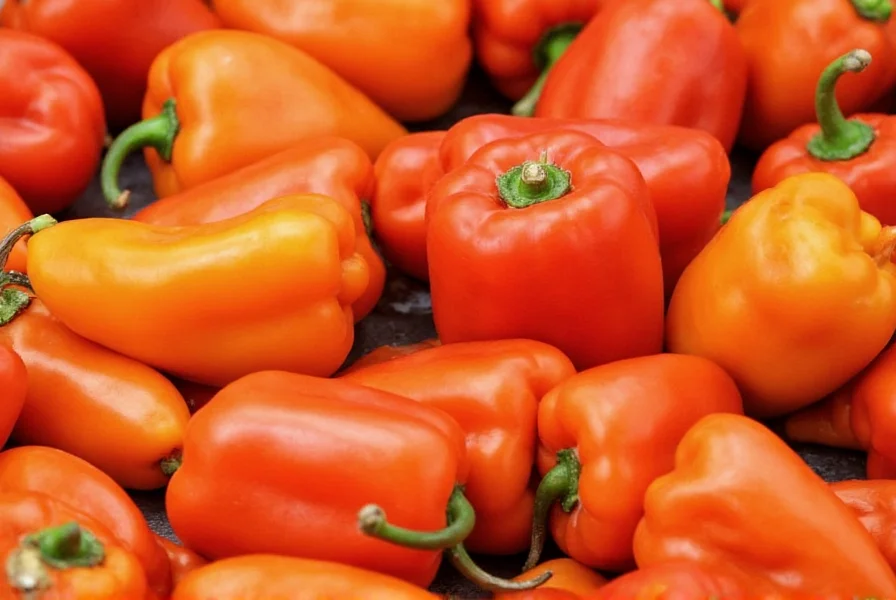Is Anaheim Pepper Spicy? A Fun & Flavorful Guide for Spice Lovers
Table of Contents
Introduction
If you're a spice lover, you've probably heard of the Anaheim pepper. But if you're still wondering, is anaheim pepper spicy?, then this article is for you. We'll break down everything you need to know about this popular pepper, from its flavor profile to how it stacks up against other peppers in the spice world.

Whether you're cooking up a storm in the kitchen or just curious about what makes your favorite dishes taste so good, understanding the heat level of different peppers can be super useful. So, let's dive into the spicy (or not-so-spicy) world of the Anaheim pepper.
What Is an Anaheim Pepper?
The Anaheim pepper is a mild to medium-hot chili pepper that's commonly used in Mexican and Southwestern cuisine. It's named after the city of Anaheim, California, where it was first grown. This long, green pepper has a slightly sweet and tangy flavor, making it a versatile ingredient in many dishes.
It’s often used in salsas, enchiladas, and even as a stuffing for other foods. If you’ve ever had a green chile dish, there’s a good chance it included an Anaheim pepper.
Spice Level of an Anaheim Pepper
Now, the big question: Is Anaheim pepper spicy? The answer is yes—but only slightly. On the Scoville scale, which measures the heat of peppers, the Anaheim pepper typically ranges between 500 to 2,500 Scoville Heat Units (SHU). That puts it in the category of mildly spicy peppers.
To put that into perspective, a bell pepper has zero SHU, while a jalapeño can range from 2,500 to 8,000 SHU. So, the Anaheim pepper is definitely spicier than a bell pepper but not nearly as hot as a jalapeño. It’s more like a gentle kick rather than a full-on fire show.

Many people who are new to spicy food find the Anaheim pepper perfect because it adds a little heat without overwhelming their taste buds. It’s also a great way to introduce yourself to the idea of spicy flavors without jumping straight into something like a habanero or ghost pepper.
Comparing with Other Peppers
To better understand the heat level of the Anaheim pepper, let’s compare it to some other common peppers:
| Pepper | Heat Level (SHU) | Flavor Profile |
|---|---|---|
| Bell Pepper | 0 | Sweet, no heat |
| Anaheim Pepper | 500–2,500 | Mildly spicy, slightly sweet |
| Jalapeño | 2,500–8,000 | Sharp, tangy, moderate heat |
| Serrano Pepper | 5,000–23,000 | Crunchy, peppery, strong heat |
| Habanero Pepper | 100,000–350,000 | Smoky, fruity, extremely hot |
As you can see, the Anaheim pepper is on the milder side of the scale. If you’re looking for something that adds a little zing but doesn’t burn your mouth off, the Anaheim is a solid choice.

Cooking with an Anaheim Pepper
Because of its mild heat and sweet-tangy flavor, the Anaheim pepper is a favorite among chefs and home cooks alike. Here are a few ways you can use it in your cooking:
- Green Chile Recipes: Many Southwestern dishes, like green chile stew or green chile cheeseburgers, rely on the Anaheim pepper for its unique flavor and mild heat.
- Salsa and Dips: Add sliced or diced Anaheim peppers to your homemade salsa for a fresh, slightly spicy kick.
- Roasted or Grilled: Roasting an Anaheim pepper brings out its natural sweetness and gives it a smoky depth of flavor. You can use it in tacos, sandwiches, or as a topping for nachos.
- Filling for Stuffed Peppers: Use roasted Anaheim peppers as a base for stuffed pepper recipes—perfect for a healthy and flavorful meal.

If you want to get creative, you can even make your own Anaheim pepper sauce or relish. Just remember that the heat level will depend on how many seeds and membranes you include. The more seeds, the hotter it gets!
Buying Guide
If you’re ready to try the Anaheim pepper for yourself, here’s a quick guide to help you choose the best one for your needs:
Best for General Cooking
The standard Anaheim pepper is ideal for everyday use. Look for firm, bright green peppers that are free of blemishes. They should feel heavy for their size and have a crisp texture.
Best for Spicy Dishes
If you're aiming for a bit more heat, choose peppers that are slightly more mature—these tend to be a bit hotter. However, they may also have a more intense flavor, so adjust accordingly.
Best for Roasting
For roasting, pick peppers that are a bit larger and slightly wrinkled. These will develop a richer flavor when cooked. Some people prefer the slightly sweeter, more tender version of the Anaheim pepper after roasting.
Available Products
- Whole Anaheims: Great for roasting or using in stews.
- Dried Anaheims: Ideal for making powders or adding to spice blends.
- Canned Green Chile: A convenient option for quick meals. Often made from Anaheim peppers.
Each of these options has its own benefits. For example, canned green chile is a time-saver, while whole peppers give you more control over the heat level and flavor.

When buying, always check the label for ingredients. Some canned versions may contain added salt or preservatives, so opt for organic or low-sodium options if possible.
Conclusion
In summary, is anaheim pepper spicy? Yes, but only slightly. It’s a mild to medium-hot pepper with a sweet and tangy flavor that makes it a favorite in many kitchens. Whether you're making a traditional green chile dish or experimenting with new recipes, the Anaheim pepper offers a perfect balance of flavor and heat.
So next time you see an Anaheim pepper at the grocery store, don’t be intimidated by the name. Give it a try—it might just become your new favorite spice!
Remember, the key to enjoying spices is knowing what you like. And with the Anaheim pepper, you get a little heat without the burn. Happy cooking!










 浙公网安备
33010002000092号
浙公网安备
33010002000092号 浙B2-20120091-4
浙B2-20120091-4